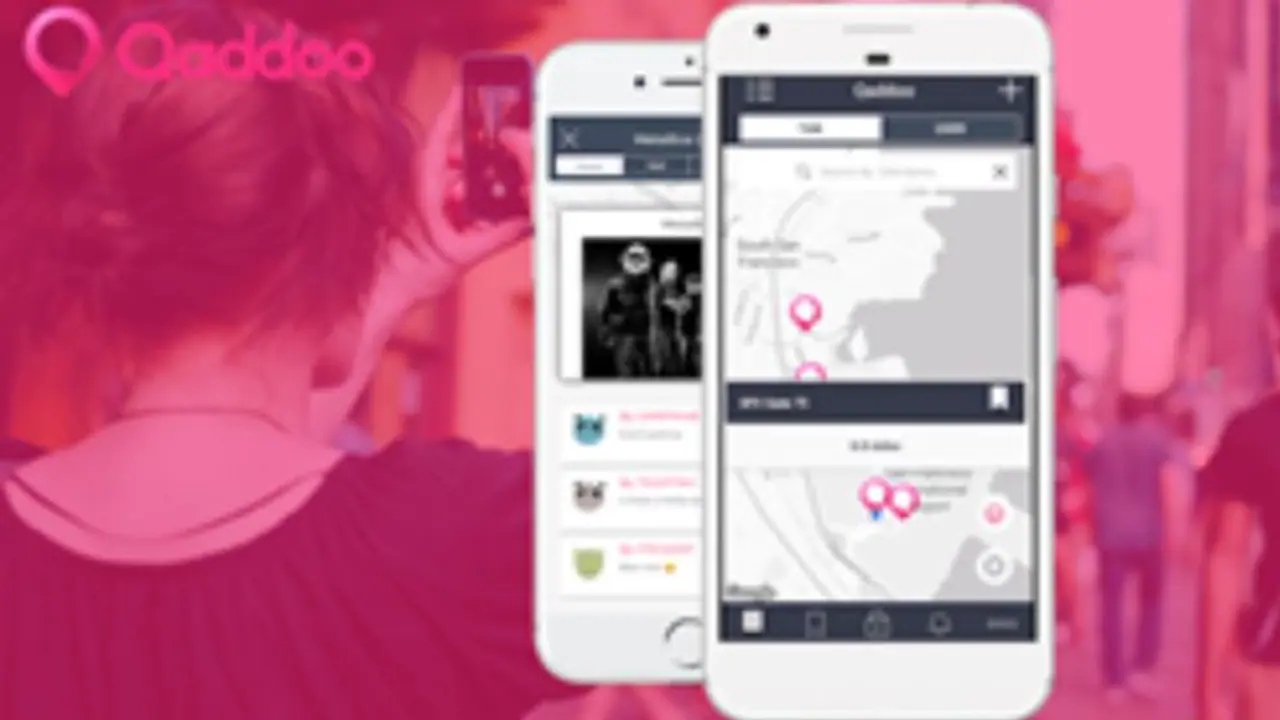The Qaddoo App is loaded with top-notch functionalities that promote ease of doing business. These include joining groups for sharing news, events, videos, etc., promoting fresh ideas to draw new customers, and creating posts or banners to display on the virtual store’s wall.
The consumer is king - this narrative in the Indian retail segment saw the nation develop an appetite for producing goods as demanded by the end-user. This transition was well adopted and studied by e-commerce giants, who then used multiple artificial intelligence tools to offer recommendations to their customers based on their previous searches, and eventually push sales. Consequently, as these big digital giants took charge, a vast number of small hawkers, vendors, and retailers were completely ignored, and eventually lost their sales and a substantial customer base.
“Losing sales is one aspect, but not being able to retain old customers or attract new customers is an even bigger problem. This disparity between an online e-commerce giant and a small hawker is what Qaddoo is fighting with its hyperlocal model,” inform co-founders, Anurag Gupta and Sumit Kapoor. They add, “What drives the market today is relationships. It helps in identifying likes and dislikes. And within the Qaddoo App, it becomes possible for the seller to leverage and retain their intimate relationship with their customers. The application enables the seller to nurture and maintain their customer’s information through private interactions such as chats, topics, and posts. Additionally, this promotes personalized interactions between the parties engaged in the conversation.”
“Qaddoocovers a length and breadth of categories and enables businesses including small retailers, vendors, hawkers, roadside florists, painters, and home chefs to open digital stores using its app. The practice is particularly beneficial to the Indian economy, given its demographics and the unorganized sector it holds,” states Anurag Gupta. He adds, “The sole purpose of developing such an application is to promote free and fair competition in the market. Over the years, e-commerce giants using their knowledge and resources have generated repeated sales and captured the market. And as the neighborhood stores now go digital, they will be able to cover a wider area and maintain better contacts.”
The Qaddoo App is loaded with top-notch functionalities that promote ease of doing business. These include joining groups for sharing news, events, videos, etc., promoting fresh ideas to draw new customers, and creating posts or banners to display on the virtual store’s wall. While one can use the Qaddoo App as a seller, you can also use it as a consumer. For instance, if you are a vendor selling vegetables and want to purchase milk and bread for the night, you can place an order on Qaddoo with the nearest store. Notably, no commission is charged by the company to transact digitally via its platform.
On one hand, where big E-Commerce platforms are leading to polarisation, the Qaddoo App opens up endless possibilities “This imbalance is clearly visible because small retailers are unable to command the way business ought to operate for them,” says Sumit Kapoor. He adds we have put a special focus on promoting small vendors to take charge of their businesses.
Today, Qaddoo App continues to work as an enabler for all businesses that are a part of the unorganized sector in India. The company is especially focused on protecting this segment, whose contribution extends to more than just neighborhood households. By the end of 2020, India had about 570 million active internet users against about 480 million in 2019, according to Counterpoint Research. The opportunity is, therefore, evidently available in the ranks for small hawkers and vendors to maintain a healthy relationship with their customers using this digital platform
Disclaimer: This is a featured content
